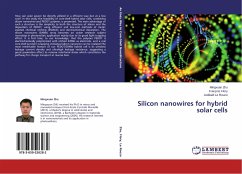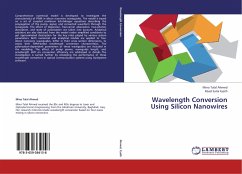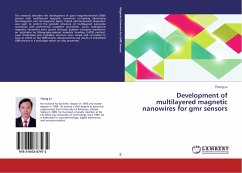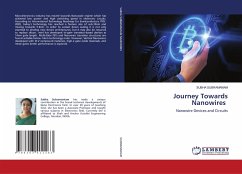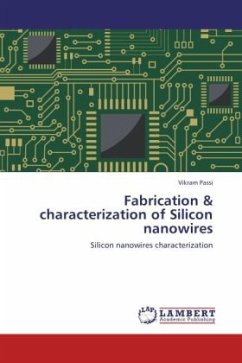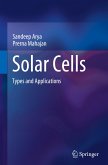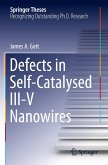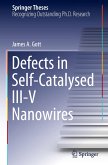How can solar power be directly utilized in a efficient way but at a low cost? In this study the feasibility of core-shell hybrid solar cells, combining silicon nanowires and PEDOT polymer, is presented. The main advantage of such a structure is the simplicity to both the structure of silicon and the deposition of PEDOT, using efficient and low-cost methods of metal-assisted chemical etching (EMACE) and electrochemical deposition. The silicon nanowires (SiNWs) array becomes an active research subject nowadays in photovoltaic application mainly due to its good light trapping effect. It is first time, to our knowledge, that the polymer PEDOT is electrochemically polymerized with etched SiNWs as electrode, and a real core-shell junction wrapping individual silicon nanowire can be realized.The most remarkable feature of our PEDOT/SiNWs hybrid cell is its ultralow leakage current density and ultrahigh leakage resistance, suggesting a good passivation effect to remove interfacial states which constitutes the pathway for charge transport at reverse bias.
Bitte wählen Sie Ihr Anliegen aus.
Rechnungen
Retourenschein anfordern
Bestellstatus
Storno

